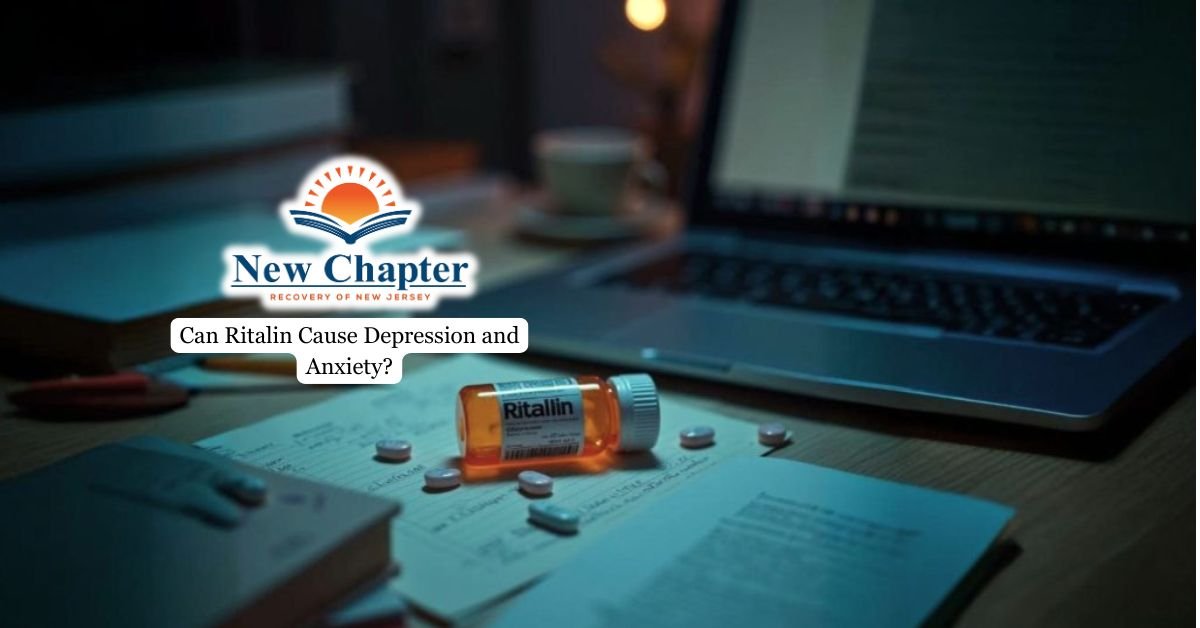The alarming ease with which people can become dependent on Ativan is a serious concern. Even those who follow their prescribed dosage may find themselves trapped in a vicious cycle of increasing tolerance and withdrawal symptoms. It is crucial to recognize the early warning signs of Ativan addiction to facilitate timely intervention and treatment.
This article aims to explore the physical, behavioral, and psychological indicators that point to a potential addiction to Ativan. By understanding these signs, individuals and their loved ones can be empowered to seek help before the situation escalates into a more severe problem.

Understanding Ativan and Its Uses
When dealing with anxiety, your doctor may prescribe Ativan, a short-acting benzodiazepine that enhances the activity of the GABA neurotransmitter to calm an over-excited nervous system.
Ativan, generically known as lorazepam, is primarily used for the relief of anxiety disorders and episodic anxiety. It’s an effective medication for short-term management of anxiety symptoms, helping you cope with the challenges that come with these conditions.
However, it’s crucial to understand that Ativan isn’t recommended for long-term use due to the risk of dependence and addiction. In 2019, approximately 92 million prescriptions for benzodiazepines, including Ativan, were filled in the United States, reflecting its widespread use.
As a Schedule IV controlled substance, Ativan’s potential for misuse is recognized, emphasizing the importance of medical supervision during treatment.
Professional help, such as comprehensive ativan addiction treatment programs, can be effective in overcoming Ativan addiction and promoting sustained recovery.
Physical Signs of Ativan Addiction
You may notice increased tolerance, requiring larger doses to achieve the desired effects. This heightened physiological dependence can lead to withdrawal symptoms when you try to cut back or stop using Ativan. These symptoms often include tremors, sweating, and a rapid heart rate.
As the addiction progresses, you might experience noticeable changes in coordination and balance, resulting in unsteadiness or frequent falls due to the sedative effects of Ativan. Drowsiness and excessive fatigue are common, potentially causing you to neglect personal grooming and hygiene.
Slurred speech and confusion, resembling alcohol intoxication, can also signal Ativan misuse.
Psychological Red Flags
Intense cravings for the drug can persist even when you’re not using, indicating a growing psychological dependence. You may experience significant anxiety or distress when trying to cut back or stop taking Ativan, reflecting the grip of addiction.
If you find yourself becoming more secretive about your Ativan use or withdrawing from social activities you once enjoyed, it’s a sign that the drug is taking control. Continued use despite negative consequences, such as job loss or relationship problems, highlights the lack of control that comes with addiction to Ativan.
Watch out for doctor shopping too. If you find yourself seeking prescriptions from multiple sources or frequently switching doctors to obtain more Ativan, it’s a clear signal of psychological dependence.

Behavioral Changes
You may notice that your loved one is increasingly secretive about their drug use, hiding the extent of their consumption from you and others close to them.
They may withdraw from social activities and relationships, prioritizing obtaining and using Ativan over spending time with family and friends.
Neglect of personal responsibilities is another red flag, as they may fail to meet obligations at work, school, or home due to the effects of Ativan use.
Behavioral patterns can include increased irritability or mood swings, especially when they can’t access the drug or are going through withdrawal.
Engaging in risky behaviors, such as driving under the influence or forging prescriptions, can signal a deterioration in judgment and an increased reliance on Ativan.
Consequences of Ativan Addiction
As your dependence on Ativan grows, you may experience significant cognitive impairment, including memory loss and decreased brain function. The risk of overdose increases dramatically when Ativan is misused, particularly when combined with other CNS depressants, potentially leading to severe sedation, respiratory depression, and even death.
If you’re struggling with Ativan addiction, you’ll likely face severe withdrawal symptoms when attempting to quit, such as anxiety, seizures, hallucinations, and delirium. These symptoms often require medical detoxification for a safe recovery.
Continued use of Ativan despite negative consequences, like strained relationships, job loss, and legal issues, is a common outcome that exacerbates personal and social problems. The addictive nature of Ativan can lead to compulsive behaviors, such as doctor shopping for prescriptions, which not only increases your dependence but also heightens the risk of dangerous interactions with other substances.
Final Thoughts from New Chapter Recovery
If you’re concerned that Ativan use has become a problem, don’t hesitate to seek support. Trained professionals can provide guidance and help you overcome this challenge. At New Chapter Recovery, we offer a supportive environment that fosters healing and personal growth. Our dedicated team is committed to helping individuals navigate recovery while addressing both the physical and emotional aspects of addiction.
FAQ About Ativan Addiction
Can ativan addiction affect physical health?
Yes, long-term use can lead to dizziness, memory problems, slowed reaction time, and fatigue. In severe cases, it may cause respiratory issues and an increased risk of overdose.
Can ativan addiction develop even when taken as prescribed?
Yes, ativan addiction can develop even when taken as prescribed, especially with long-term use. The body can build a tolerance, leading to dependence and withdrawal symptoms if the medication is reduced or stopped. This is why it’s important to follow a doctor’s guidance and monitor any signs of reliance.
Are there any warning signs of an ativan overdose?
Yes, warning signs of an ativan overdose include extreme drowsiness, confusion, slowed or difficult breathing, loss of coordination, and unresponsiveness. In severe cases, an overdose can lead to coma or be life-threatening. If an overdose is suspected, seek emergency medical help immediately.
What are some common excuses people use to justify taking too much ativan?
People often justify taking too much ativan by saying they need it to manage stress, sleep better, or cope with anxiety. Some may claim their prescribed dose isn’t working as well as before, so they take extra to feel the same effects. Others might downplay their use by insisting they have it under control or that they can stop anytime.






